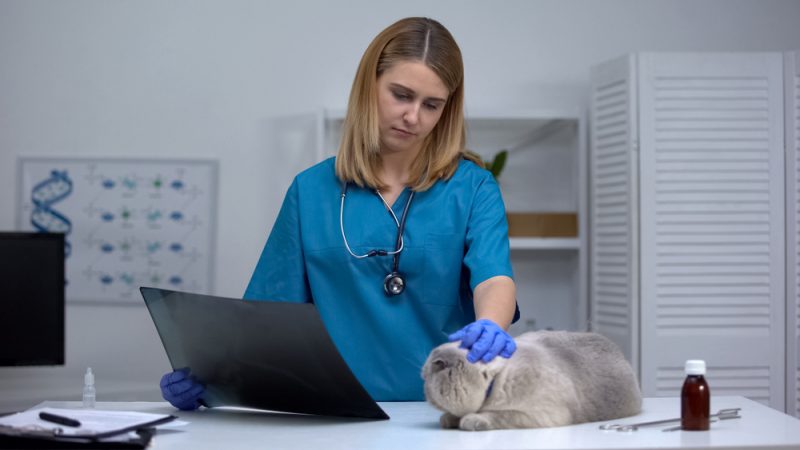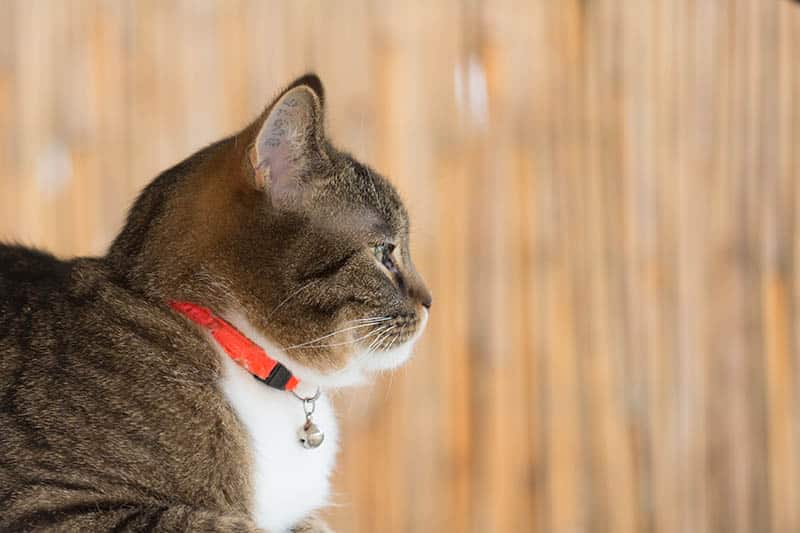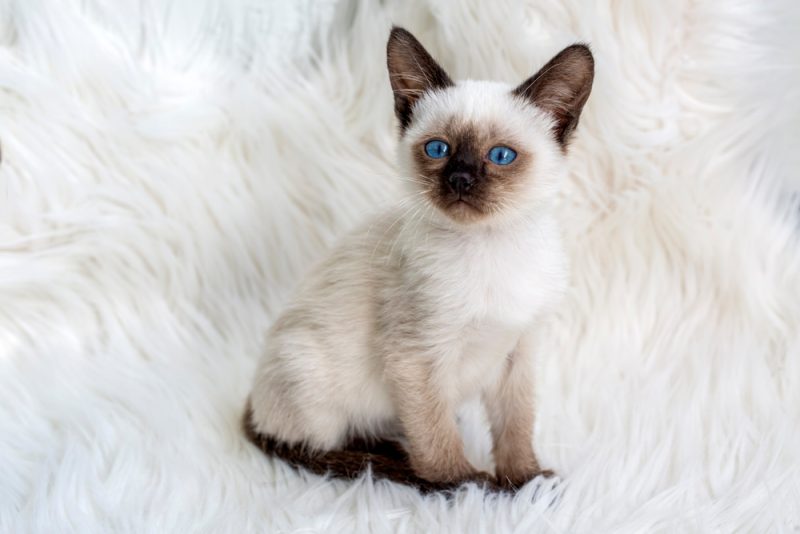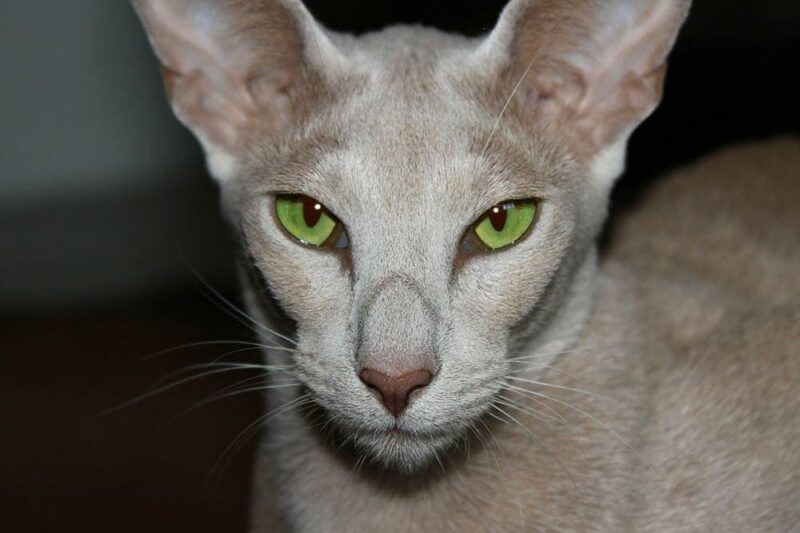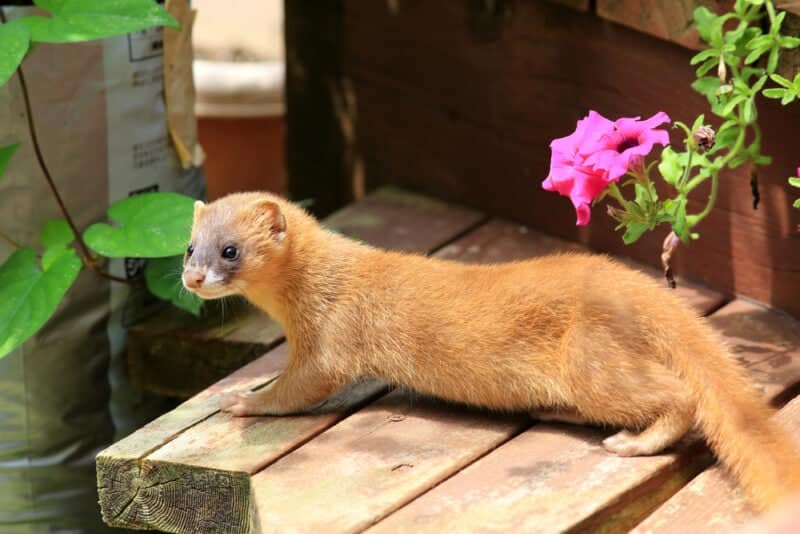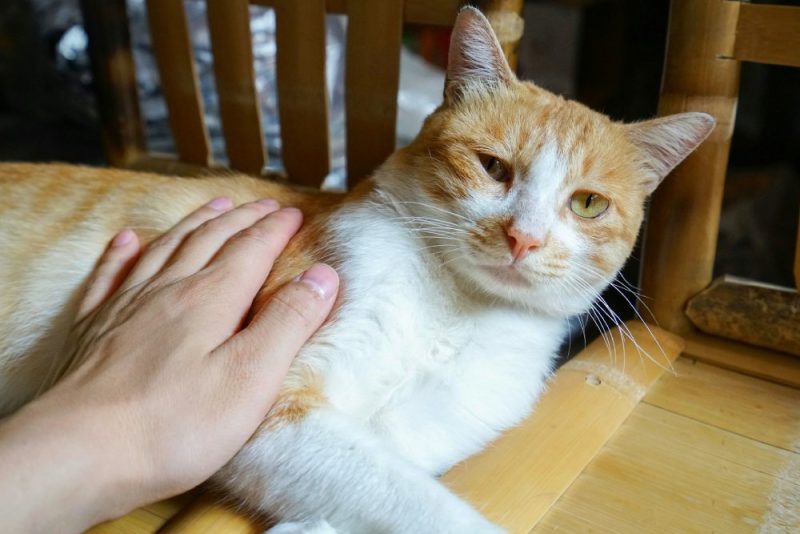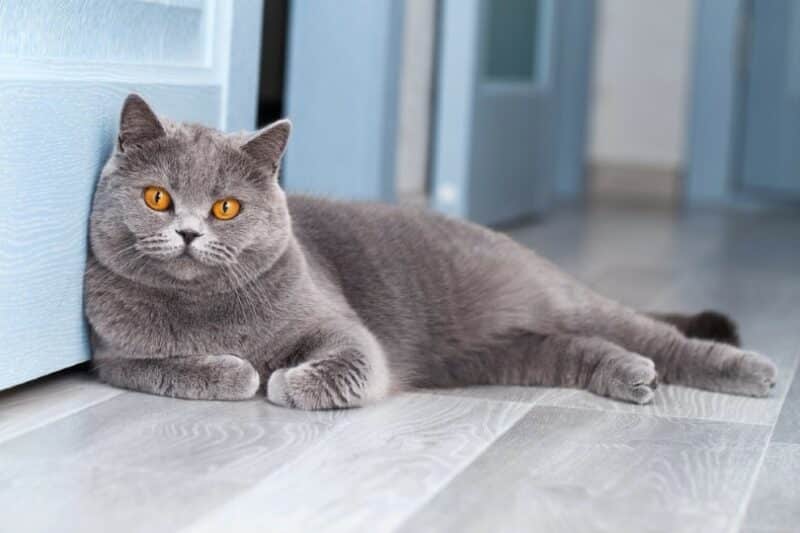If you’re on our website, chances are you have a sweet little feline furball that’s enriched your life in countless ways. You likely also had kitties in the past and are likely to have owned one or know of one that has succumbed to one of the several diseases that are known to plague cats.
Fortunately for both us and our feline family members, many ongoing research studies are striving to find cures for the illnesses that have taken far too many cats from this earth. If you’ve found yourself with some extra money to donate this year, you might consider gifting some to one of the many charities and funds dedicated to making a difference in the lives of cats.
Read on to find 12 of the most well-known charities currently supporting important feline research studies.

The 12 Cat Charities That Support Feline Research Studies
1. EveryCat Health Foundation

The EveryCat Health Foundation is the only non-profit focused solely on cat health. Their primary focus is on advancing feline health through groundbreaking research and education. They award grants for research in feline-specific medicine to help increase veterinary knowledge and expertise.
The EveryCat Health Foundation oversees many of the other funds we’re going to talk about today, such as the Bria Fund for feline infectious peritonitis (FIP) research and the Norwegian Forest Cat HCM Research Fund, which is trying to determine the genetic basis for hypertrophic cardiomyopathy in Norwegian Forest Cats.
2. Panthera

It is not just our domesticated kitties that need our help; their wild counterparts are in need, too. Panthera is devoted to conserving the planet’s 40 species of wild cats and the ecosystems they live in. They used cutting-edge scientific research to develop and implement strategies for the seven main species of big cats, including pumas, snow leopards, lions, and tigers.
3. The Bria Fund
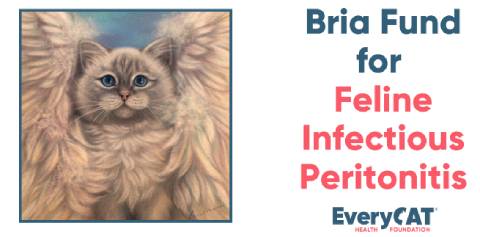
As mentioned above, the Bria Fund is dedicated to feline infectious peritonitis (FIP) research. FIP is a viral disease caused by a strain of the feline coronavirus. A FIP diagnosis was once almost always fatal, but with the help of the Bria Fund, promising antiviral drugs are in development. These medications show that some cats diagnosed with FIP can be potentially treated and cured.
4. Norwegian Forest Cat HCM Research Fund
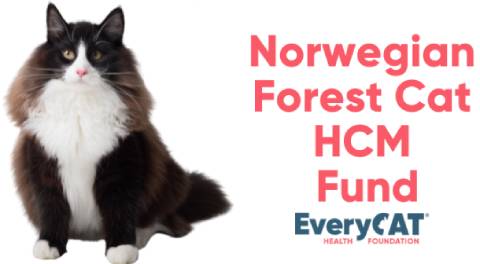
Genetic mutations for hypertrophic cardiomyopathy (HCM) are noted in breeds such as Ragdolls and Maine Coons. The Norwegian Forest Cat HCM Research Fund hopes to find the genetic basis for it in Norwegian Forest Cats soon.
5. Feline Cancer Research Fund

The Feline Cancer Research Fund is focused on research that will inevitably improve the treatment, diagnosis, and prevention of feline cancers. The Center for Companion Animal Health is part of the UC Davis School of Veterinary Medicine and oversees many pet-related funds to better the lives of our furry companions.
6. The Ricky Fund
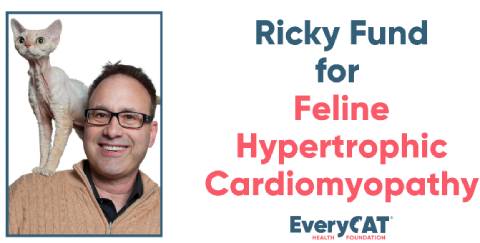
Did you know that as many as one in seven cats will develop hypertrophic cardiomyopathy at some point in their lives? It is true, and HCM can put cats at risk of sudden death, so the more we know about it, the healthier and safer our cats will be. The Ricky Fund was launched in 2002 and has raised over $200,000 since to fund research into this disease.
7. Speckles Abdominal Cancer Campaign
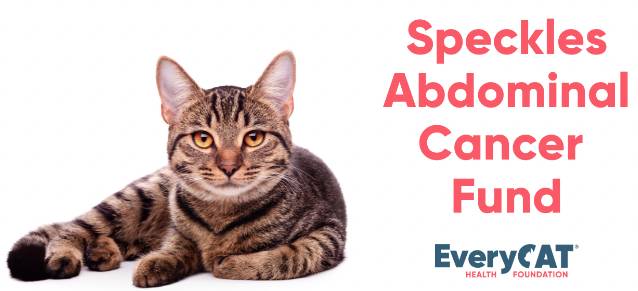
The Speckles Abdominal Cancer Campaign began when a donor provided the EveryCat Health Foundation with sponsorship for future research that hopefully offers answers to the three major cancers in cats that affect the liver, gastrointestinal tract, and pancreas.
8. Feline Health Research Fund

The Feline Health Research Fund is a non-profit organization that awards funding to help research feline-specific health issues and diseases. Recently, they helped fund research into identifying the marker genes for common feline cancers and funded a study on the prevalence of the bacteria known to cause feline infectious anemia to hopefully help vets with screens in the future.
9. Morris Animal Foundation

Though the Morris Animal Foundation isn’t cat-specific, we can’t leave out their efforts to better the lives of our furry little buddies. The foundation has a long list of cat studies they’ve helped fund, including assessing non-surgical sterilization techniques for female cats and developing an mRNA vaccine for FIP.
10. The Buttons Fund

The Buttons Fund for chronic kidney disease (CKD) aims to advance the treatment and care of CKD in cats. It was established by a cat owner named Tom Jackson in memory of his beloved feline family member, Buttons, who passed away due to renal failure. The research includes studies aimed at understanding the mechanisms of renal gaining and investigating novel treatment options like stem cell therapies.
11. Frankie’s Feline Research

The Frankie’s Feline Research Fund supports various clinical trials and research studies that investigate the most common diseases that affect cats. Cat owner Deborah Felin Magaldi established this fund in memory of her Siamese kitty Frankie, who passed away after developing an acute kidney injury.
12. Kitty Kollar
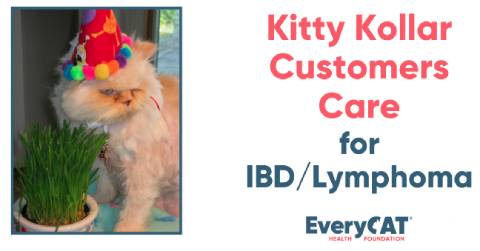
The Kitty Kollar is a washable fabric collar meant to be worn alongside an esophageal feeding tube. It replaces the often uncomfortable and unsightly gauze and bandaging that was once necessary to hold the tube in place. This medical device is now patented and is on its way to becoming the standard for cats (and dogs) with feeding tubes.
Though the Kitty Kollar product was created out of necessity for a very loved kitty named Quasimodo, the Kitty Kollar Fund sponsors studies on lymphoma, inflammatory bowel disease, kidney disease, diabetes, and more.

Final Thoughts
Donating to a research-oriented cat charity is a great way to ensure your donation funds go toward a good cause. The more that researchers can find out about ailments that affect cats, the longer our beloved little fur babies will live.
Featured Image Credit: Motortion Films, Shutterstock
